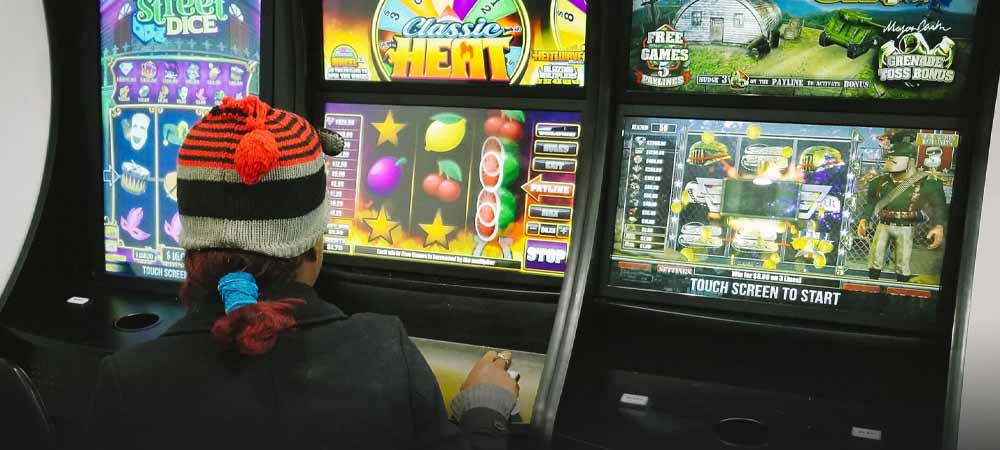- Bibb County, Georgia County Commissioner Virgil Watkins proposed an ordinance that would restrict the locations that may offer coin-operated online gambling kiosks.
- Seminole County, Florida, has completed an undercover sting operation that successfully shut down eight illegal gambling establishments throughout the county.
MACON, Ga. – At least two municipalities are facing issues with virtual gambling kiosks, including Bibb county in Georgia and Seminole County in Florida, according to local news reports.
Bibb County Gambling Machines Causing Issues
In Bibb County, Georgia, County Commissioner Virgil Watkins has proposed an ordinance that would tighten restrictions on which locations can offer coin-operated online gambling kiosks.
If the proposal was passed, Georgia gambling kiosks would no longer be permitted to be located within 1,500 feet of any liquor store or 2,500 feet from any convenience store that does not sell gasoline or fresh food.
The bill also restricts coin-operated gambling machines from being placed near churches, public libraries, rec centers, alcohol treatment centers, public housing, schools, or colleges. If any business is found operating a gambling machine in violation of the ordinance, they would be subject to a minimum fine of $500 a day.
The ordinance is a response to concerns from citizens, such as Donshay Caldwell, who says the machines are “really tearing neighborhoods apart.”
“It’s getting in more bad people that don’t need to be in the neighborhoods,” said Cadlwell. “I don’t feel comfortable going into the stores with all of the people in there gambling.”
Illegal Gambling Parlors In Seminole County
In Seminole County, Florida, eight illegal gambling centers have been shut down by the Seminole County Sheriff’s Department, according to Sheriff Dennis Lemma. The department believes tens of thousands of dollars were involved in the bust.
The bust originated from an anonymous tip submitted to Seminole County’s Crimeline. The person who submitted the tip did so because they won the Florida jackpot at one of the illegal gambling centers and did not receive the full amount.
According to Sheriff Lemma, this was intentional.
“They limited the amount they would actually pay out, encouraging people with a possible dependency on gaming would come back to collect their money and hopefully play some more,” said Lemma.
Sheriff Lemma believes these businesses lured customers in by capitalizing on the legal grey area that many gambling activities reside in.
“They’ve capitalized on a group of people who may or may not know whether or not what they’re doing is illegal,” said Lemma.
The customers learned of the illegal gambling establishments through social media, word-of-mouth, and text messages.
While this grassroots advertising effort seems to be fairly low-security for an illegal gambling operation, Terri Cheatham, a neighboring business owner to one of the illegal establishments says they took their security seriously. The neighboring underground gambling parlor required a password to enter, among other measures.
“I gathered it was illegal, being buzzed into a storefront, and when we went over there to make complaints about the noise, we weren’t allowed in past the front door,” Cheatham said.
